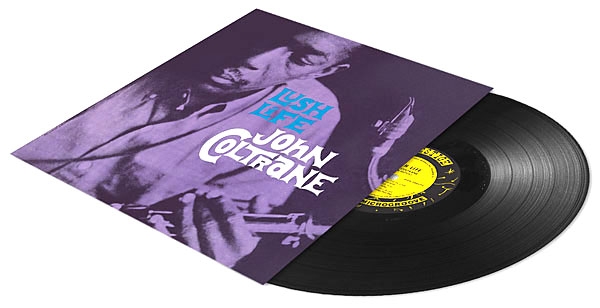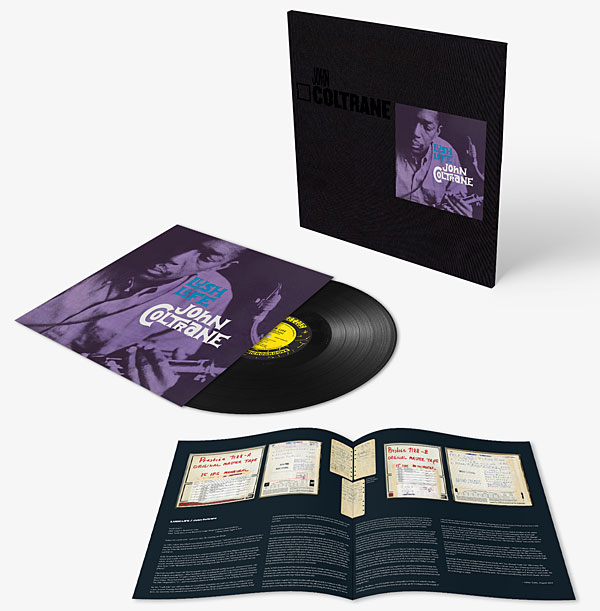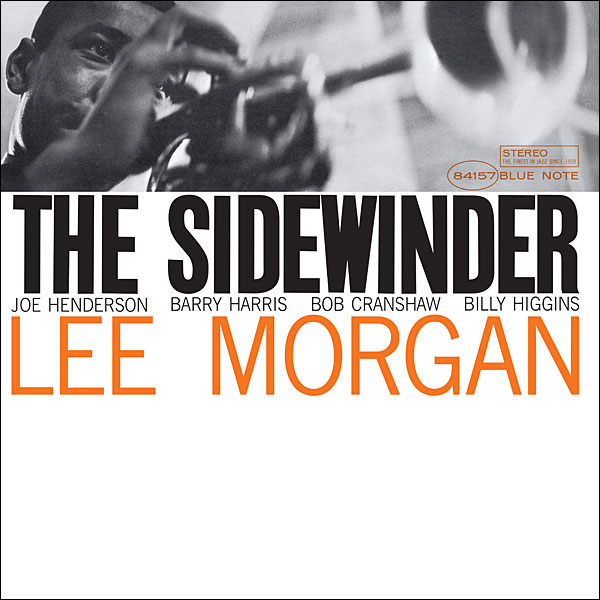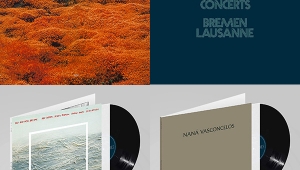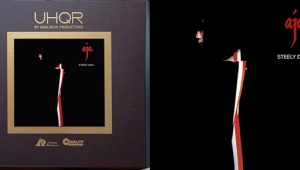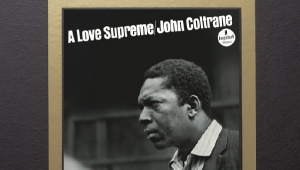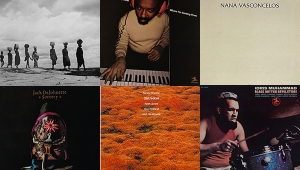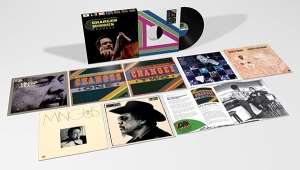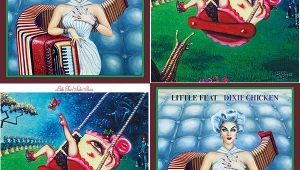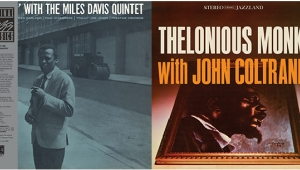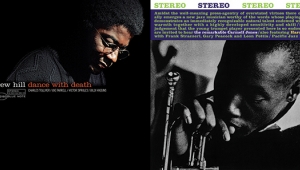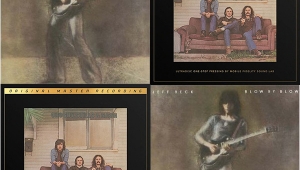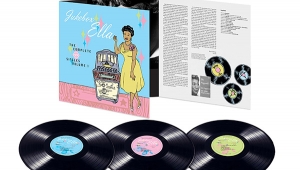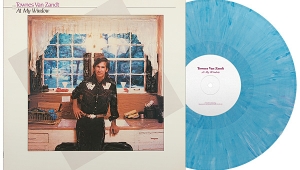| Columns Retired Columns & Blogs |
I love the work that Craft is doing with their reissues. I've purchased a few of them recently and they've been ideal.
However, I don't like the non-subscription concept of the Small Batch series. The Coltrane was sold out in 20 minutes because Flippers are beating everyone to it and then jacking the price to hundreds of $. How the F is that doing anything for the collector who loves the music? Until Craft is offering a subscription or preorder I won't be bothering. It might get people talking about it but I find it disgusting trying to click my mouse button as though I was trying to get Stones tickets.
